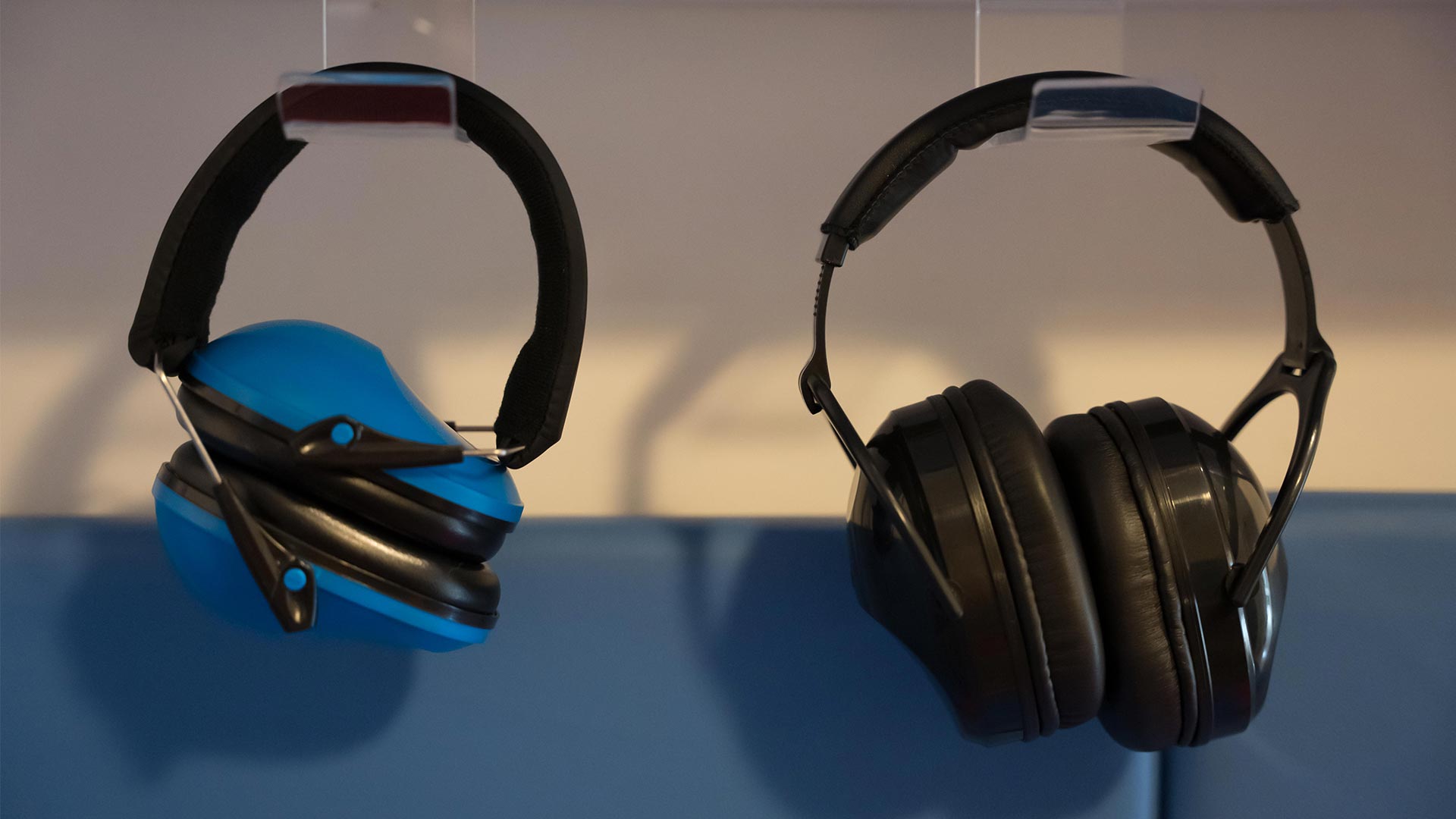For some students, the school environment can present a unique challenge. Sensory overload, a state where the brain receives too much information from the senses, can disrupt learning, focus, and overall well-being. This can be particularly true for individuals with sensory processing differences or conditions like autism spectrum disorder (ASD).
Fortunately, there are a variety of strategies that students, teachers, and parents can utilize to prevent sensory overload in the school setting. Here, we explore several key approaches:
Understanding Triggers:
The first step towards preventing overload is identifying individual triggers. This involves recognizing the specific sensory stimuli that evoke discomfort or stress. Common triggers include:
- Auditory: Loud noises, such as classroom chatter, announcements, or flickering lights.
- Visual: Bright lights, fluorescent lighting, cluttered spaces, or strong contrasting colors.
- Tactile: Rough textures, tight clothing, crowded spaces, or temperature extremes.
- Olfactory: Strong smells, perfumes, or cleaning chemicals.
- Gustatory: Unfamiliar flavors or textures in food.
Strategies for Prevention:
Once triggers are identified, several strategies can be implemented to mitigate their impact:
Environmental Modifications:
- Lighting: Opt for natural light whenever possible. Utilize dimmers for fluorescent lights and consider alternative lighting sources like lamps.
- Noise: Implement noise-reduction strategies like carpets, curtains, and designated quiet areas. Noise-canceling headphones or earplugs can also be beneficial.
- Visual Clutter: Minimize visual distractions in classrooms and personal spaces. Utilize clear organization systems and avoid overwhelming decorations or patterns.
- Tactile Sensitivity: Provide fidget toys or other sensory tools for self-regulation. Offer alternative seating options like cushions or beanbag chairs.
- Scent Management: Avoid using strong-smelling products in the classroom. Encourage fragrance-free policies and promote open windows for air circulation.
Sensory Breaks and Coping Mechanisms:
- Movement Breaks: Regular breaks for physical activity can help reduce stress and reset sensory processing. Encourage short walks, stretches, or engaging in calming activities like yoga or meditation.
- Sensory Tools: Provide access to sensory tools like fidget toys, weighted blankets, or noise-canceling headphones. These tools can help individuals self-regulate and manage overwhelming sensory input.
- Visualization and Relaxation Techniques: Teach students relaxation techniques like deep breathing, guided imagery, or progressive muscle relaxation. These exercises can help calm the nervous system and promote emotional well-being.
Communication and Collaboration:
Open communication and collaboration between students, teachers, and parents are crucial for successful implementation of these strategies. Consider the following steps:
- Individualized Plans: Develop personalized sensory support plans outlining specific triggers, coping mechanisms, and modifications needed for each student.
- Educate Teachers and Staff: Provide staff with training and resources on sensory processing differences to foster understanding and support within the school environment.
- Empower Students: Encourage students to self-advocate and communicate their needs to teachers and peers. This empowers them to take control of their sensory experience.
By understanding individual triggers, implementing strategic environmental modifications, promoting coping mechanisms, and fostering collaborative communication, schools can create a more inclusive and supportive environment for all students. This can lead to improved learning outcomes, increased engagement, and a more positive overall school experience.
Find out if your child needs extra support today!
- My child screams hysterically
- My child is mean to other children
- My child is always worried
- My child is scared to go to school
- My child is scared of loud noises
- My child doesn’t know how to read
- My child is scared to play outside
- My child does not respond to his name
- My child always gets in trouble
- My child fights with other children
- My child doesn’t know how to count
If you are concerned about your child’s development, contact us for Assessments: Phone/Telegram: 077.455.993 – Telegram Link: https://t.me/OrbRom
If you are concerned about your child’s development, contact us for Assessments.
Phone/Telegram: 077.455.993 Link: https://t.me/OrbRom






Leave A Comment